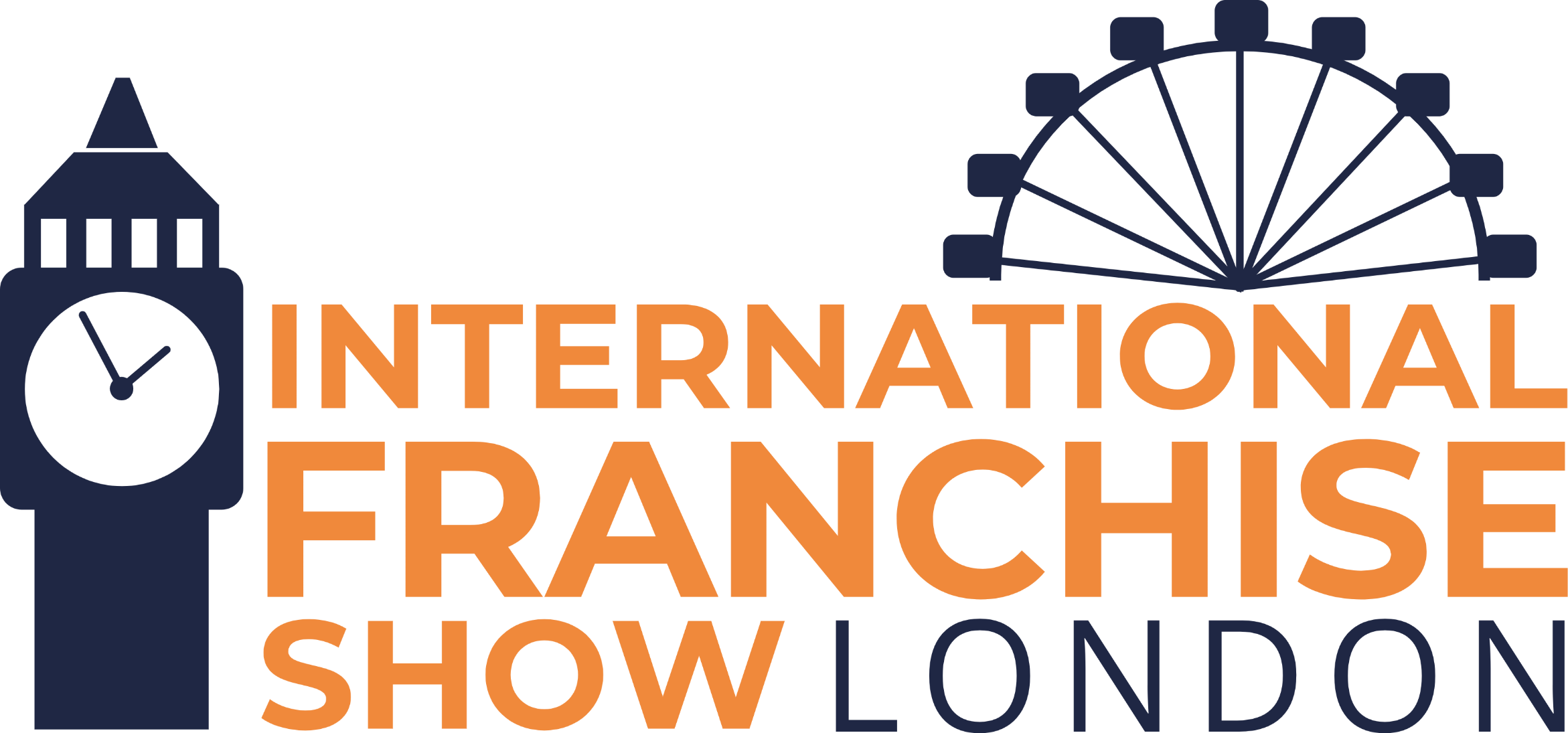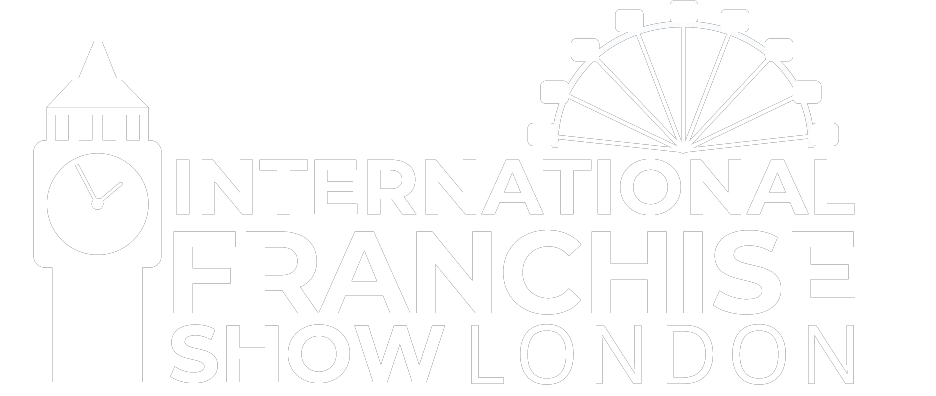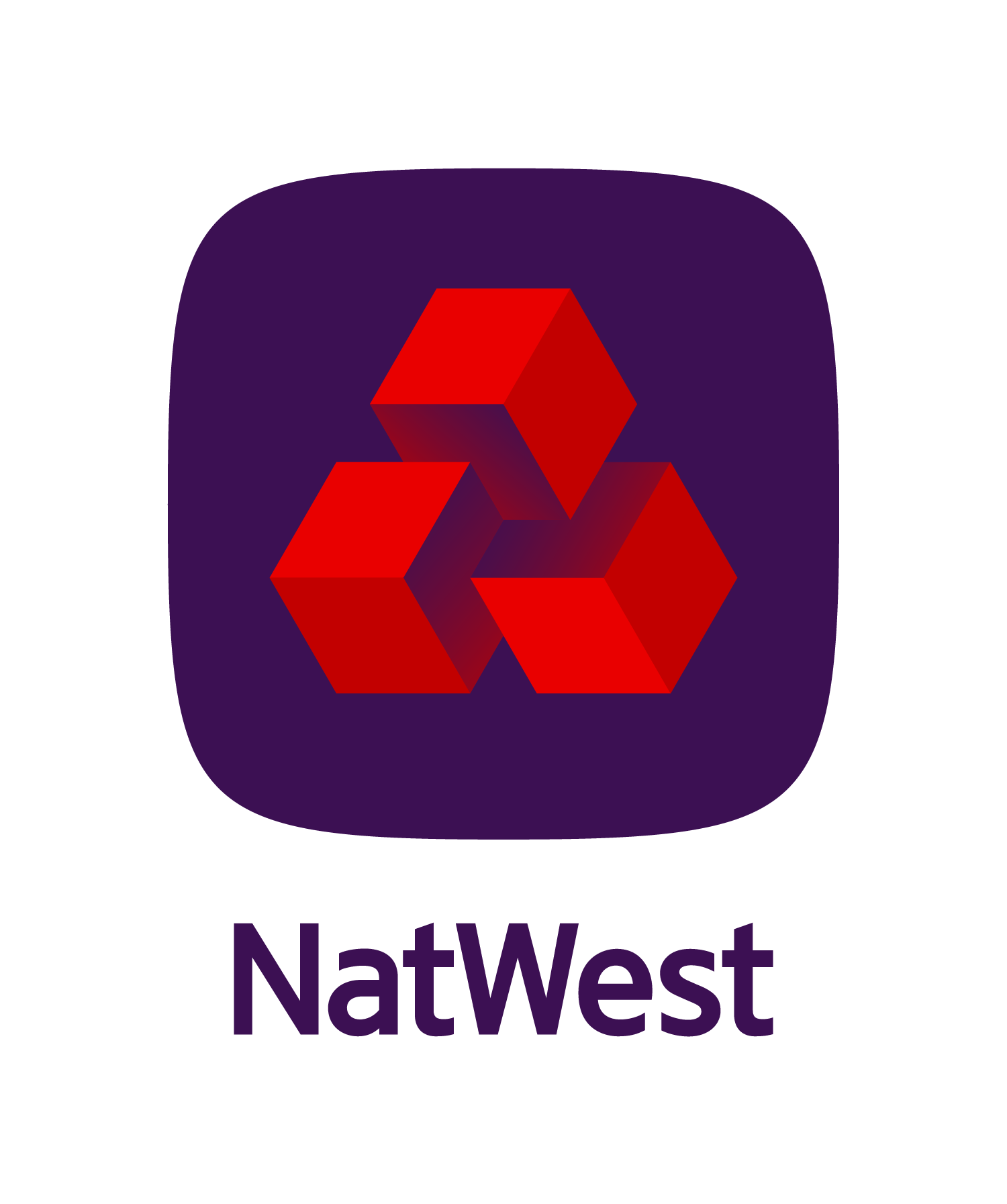Deciding Your Method to Entrepreneurship: Take on a Franchise or Kick-Start Your Own Business
)
You’re ready to take the next step with your career where you take hold of the reins yourself, but you’re unsure about the risks and uncertainties of what path to take. It is important to remember that any method of entrepreneurship comes with advantages and disadvantages, and that it is crucial to have an adaptable and risk-taking approach to each route.
Although starting your own business can enable having complete ownership and control over your vision, the business itself and the profits, success is not guaranteed. Therefore, it can be a daunting journey putting all of your efforts and personal funding into an unpredictable venture. In this case, franchising could be an interesting option for you to consider. In this blog post, we will uncover the pros and cons to each, to help you navigate which direction is better suited for you.
What is a start-up?
A start-up refers to a company in their very first stages of operations. Start-ups can be seen as the more rewarding route, as they are typically associated with innovation and flexibility in strategy and decision-making, however they have a higher risk of failure.
What is franchising?
Franchising allows you to invest in a tried and tested business model. Whilst providing less flexibility than the start-up route, franchising allows you to dive into a project that has been proven to work successfully, allowing you to hit the ground running. It involves buying a business concept and brand from an established company and paying the franchisor fees and royalties associated with it.
How will this affect my innovation and business ideas?
Start-ups
-
Often associated with the development of new products, services or business models.
-
Usually target a gap in the market and provide a new product or service that addresses or creates a new market.
-
Often introduce new technologies or business models that challenge established norms and therefore push industries forwards.
-
Typically operate with some uncertainty. Making a flexible, adaptable and risk-taking approach essential.
Franchising
-
Franchising depends on the franchisor’s innovation, meaning there is less innovation for the franchisee.
-
Maintaining standardised systems to ensure consistency across all franchise locations.
-
Limitation on branding in order to comply with the rules of the franchisor.
-
Does offer some innovation but this is dependent on the approval of the franchisor.
What are the costs I’d be facing?
Start-ups
-
Can face higher costs as you are responsible for developing everything from scratch.
Franchising
-
Does come with initial costs, as well as maintaining regular fees to the franchisor, but generally costs less than start-ups as the brand is already developed and the product/service is already built and proven to work successfully.
Will I get an ROI?
Start-ups
-
Depends on different variables.
-
Can have a greater return on investment if successful as you have more ownership over the product or service.
Franchising
-
Depends on different variables, but higher investment franchises usually yield a higher return.
-
Well-known brands can contribute to faster revenue growth and therefore profit.
Starting a business from scratch isn’t your only gateway into entrepreneurship. Considering franchising instead of starting a business from scratch might enable you to have a healthier work-life balance. However, if you’re looking for full ownership, the chance to be able to grow your organic business idea from the ground up, and you’re ready to embrace the high-risks, perhaps a start-up is better tailored for you.







